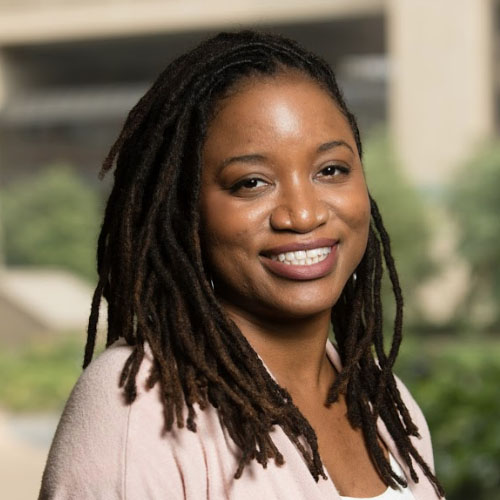Originally published in the December issue of the Notes on Antiracism, Justice, and Equity newsletter.

During this holiday season, I’m particularly excited about having the opportunity to rest and be replenished with my loved ones. This year has presented many challenges for me both personally and professionally. I reckon daily with what I call “ancestral fatigue, that is, the weariness that comes from watching Black, Indigenous and people of color around the world continue to fight for our most basic human rights. Additionally, I know that we as a society have not addressed our collective exhaustion after experiencing mass public health crises, political turmoil, and climate emergencies over the last two years. It feels we’ve been on a treadmill since March 2020 with no end in sight. No amount of sleep seems to be enough, and this is not a sustainable way to live. In response to this, many people have joined the Great Resignation.
I’m thankful that I get to do the work that I do and with the people with whom I do it. Still, the short days, cold weather, and holidays remind me that we are human and that our lives are much more than work and what we produce. This month, I encourage all of us to be intentional about our restoration. This will look different for each of us.
Being intentional about your restoration and well-being can include creating and sustaining boundaries, seeking therapy, working out, spending time with those you love, and yes, sleeping. We should also consider how we can support others in their well-being at this time. Supervisors, committee chairs, and faculty can demonstrate what it means to retreat. We can extend deadlines, shorten meetings, take time away from work, and advocate more paid time off for those who fall within our purview.
Systemic fatigue means that we also have to make systemic changes. For those in leadership roles it is important to think about how our processes have contributed to burnout, especially for those in already marginalized identities. This too, is the work of justice and equity. What are our solutions and answers for those who are navigating multiple injustices at once? What are the most compassionate and inclusive ways we can do our work?
I know that we are at our best when we create solutions collaboratively. I would love to hear from you all about how you have engaged in self-care and how you equip others to do the same. I also look forward to hearing from you at the next SPH Community Forum, which will focus on burnout. We will share more information about this forum very soon.
Lauren Jones
Director, Diversity, Equity, and Inclusion
she/her/hers
Sign up to receive the monthly Notes on Antiracism, Justice, and Equity newsletter.
